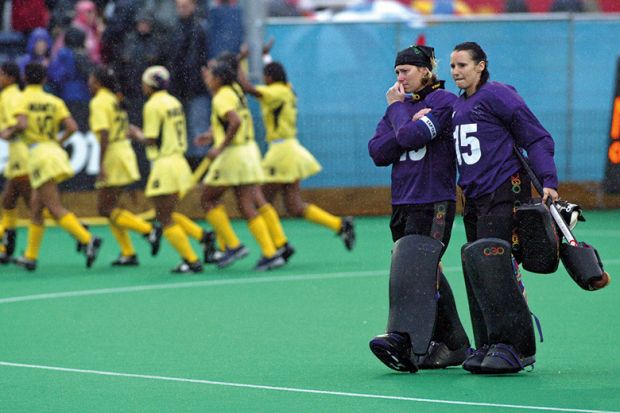The University of Southampton and Soas, University of London are among the institutions to re-enter the UK’s teaching excellence framework after falling short in last year’s audit.
The universities were two of the highest-profile institutions to receive a bronze rating, the lowest on offer, when the results of the first TEF were announced last June. The London School of Economics and the University of Liverpool were also given the unwanted award. Many of the providers that got the highest rating, gold, were post-92 institutions that fare less well in traditional league tables.
Southampton – the UK’s 15th highest-ranked university in the Times Higher Education World University Rankings, at joint 126th – said that it would reapply to the TEF in 2018. Soas will do the same, but Liverpool and the LSE have declined to confirm whether they are resubmitting.
Overall, 23 higher education institutions have entered this year’s TEF – now officially titled the teaching excellence and student outcomes framework – as well as 40 further education colleges and 29 alternative providers. The Higher Education Funding Council for England said that about a third of the 92 entrants were reapplying, while a third were applying for the first time and the remainder held a TEF award that expired this year.
Several of the institutions making their inaugural entries are believed to be from Scotland and Northern Ireland, where potential university applicants have reportedly noted the limited participation in the TEF and the scarcity of awards.
Most universities that were rated in 2017 do not need to resubmit this year because their awards are valid for three years. However, changes to the TEF’s methodology will make it easier for some institutions to improve their rating, it is thought.
Last year, Sir Christopher Snowden, Southampton’s vice-chancellor, complained that it was unfair that his institution had been penalised for failing to outperform some of its benchmark scores by a large margin despite its having very high absolute marks in various categories.
This year, “very high and very low absolute values will be explicitly marked and taken account of” by panellists, a change that is likely to benefit some Russell Group universities.
The decision to use figures on graduate earnings from the Longitudinal Education Outcomes (LEO) dataset may also benefit universities whose alumni have higher incomes.
Diana Beech, director of policy at the Higher Education Policy Institute, said that the change in TEF metrics could, however, undermine the initiative.
“The magic of last year’s TEF is that we saw some unexpected yet deserving winners,” Dr Beech said. “If the new metrics just end up bolstering existing sector hierarchies, then I fear the TEF may have lost its purpose.”
However, Dr Beech, who wrote Going for Gold, an analysis of gold-rated TEF institutions published in October, said that institutions that just missed out on a gold or silver award were likely to reapply.
“For those institutions on the borderline, there is no reason why their provider submissions – if written well – can’t pull them up to a higher award,” Dr Beech said.
Universities seeking to improve their TEF award should describe “what makes them different and how they are delivering on their mission”, she advised.
